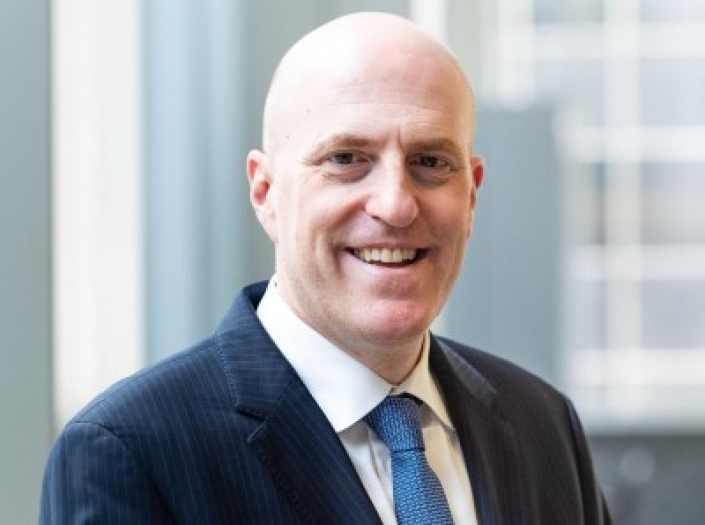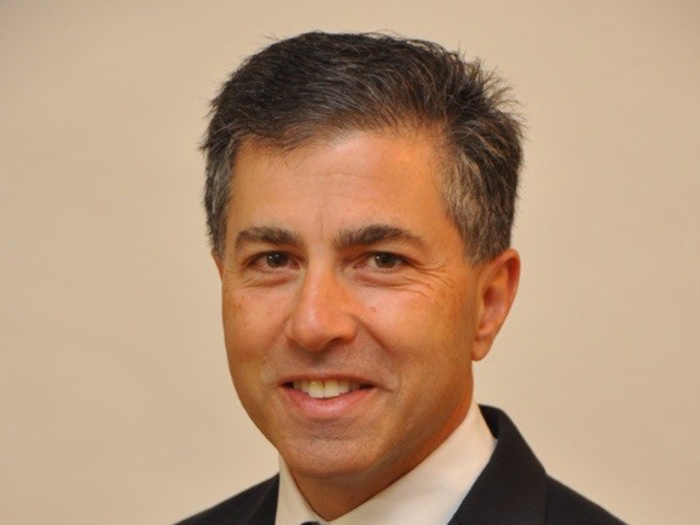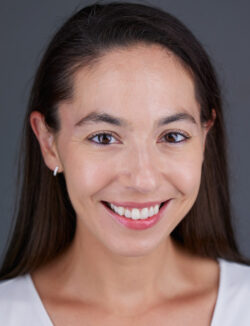The Vital Lessons This CPCU Instructor Learns from the Industry’s Young Minds
One of my most memorable moments in the insurance industry came last year in New Orleans, Louisiana.
I witnessed some of my CPCU students conferred as new designees. This was the culmination of a journey that started in January of 2017 in Indianapolis, Indiana, with two simple hashtags: #NOLA2019 and #TrustTheProcess.
The road to Louisiana took shape after a ‘Lunch and Learn’ session to promote insurance studies. While it is axiomatic that my students have learned some things from me, they have undoubtedly whetted my appetite for more designations.
Migrating to the United States
My humble beginnings in Haiti helped fuel my deep-seeded passion for learning. After migrating to the United States as a teenager, I started my high school journey in Brooklyn, New York without any knowledge of the English language.
I was determined to achieve the highest recognition possible, so I found creative ways to learn the new language.
During my first year, I spent countless hours each night translating my school work from English to my native French and Haitian Creole.
When I started teaching CPCU courses, I quickly realized that I could leverage my past experience to help my fellow associates learn topics and concepts that may seem “foreign” to them, especially if they had not had experiences in certain departments.
Similar to how I had to become comfortable with being uncomfortable in high school, I hypothesized that my students must develop that same grit posthaste while learning the “insurance language.”
For this audacious challenge to come true for my students, I had to become the “dictionary” that enabled me to not squander my high school years for them.
My audacity was even more pronounced when you consider my échec with CPCU 500. To earn the CPCU designation, one must be able to remain standing after eight rounds. At first, I was knocked out after the first round, but I summoned my “butterfly spirit” and got back up.
Indeed, defeat became my fuel in my quest for the prestigious CPCU designation.
Trusting The Process
Since my students have diverse academic backgrounds and experience, I concluded that I can rapidly leverage the other designations that I hold (e.g. AIC, ARM, ARe, AIDA, AIAF, ARC, et cetera) to explain obtuse concepts and theories in a manner that is easily digestible and relevant to their current roles.
Additionally, using current issues, trends and case studies have done wonders in helping students develop an in-depth understanding of the materials. The unfortunate coronavirus (COVID-19) pandemic has impelled insurance departments to issue a myriad of orders: cancellation moratorium, mandatory premium relief to commensurate with the significant decrease in risk exposures, among others.
My current CPCU class (CPCU 520) has found those examples informative.
The students are seeing how some factors can accelerate the underwriting cycle into a soft market. Leveraging the quarterly financial earnings to further explain the impact of those industry-wide actions on underwriting ratios has been a fortuitous supplement to the course materials.
I have seen how current and future leaders begin to think about business problems in broader terms as a result of the knowledge gained from the course materials. Furthermore, the designation gives some insurance professionals the courage to seek new challenges and develop competencies needed to succeed in position of broader responsibility.
Lifelong Learning
The thirst for knowledge is in each individual student.
They are intellectually curious. They understand that the business acumen they will cultivate by obtaining the CPCU designation will help them to grow with confidence.
As the industry continues to evolve, I have learned that I must keep pace by continuing to obtain more designations or risk the misgiving of pretending to know what I don’t know.
As a lifelong learner, I am constantly guarding against the illusion of accepting a comfort zone. It is that same mindset and discipline that propelled me to graduate high school with honors, and ultimately complete undergraduate (cum laude) and graduate (with distinction) degrees at Long Island University.
In addition to the CPCU designation, I hold 14 other designations from The Institutes, of which Risk & Insurance® is an affiliate. Furthermore, I also hold the Project Management Professional (PMP), Commercial Lines Coverage Specialist (CLCS) and Information Technology Infrastructure Library (ITIL) certifications. The Institutes continues to acknowledge my contribution to the industry by featuring me as a subject matter expert in its all-new online CPCU learning format.
In a sense, history continues to repeat itself. I was fortunate to find teachers who accepted the challenge of teaching me a new language when I migrated to the United States. Now I have an opportunity to pay it forward by helping others learn the insurance language by teaching CPCU courses.
However, I am mindful that my learning is still in its infancy stage.
To echo Socrates, “As for me, all I know is I know nothing.” If I stop trusting the process, I will not only commit a morale hazard, I will run the risk of irrelevancy in the ever-changing industry.
Consequently, my students will not be able to rely on me when they are getting comfortable with being uncomfortable. I have learned a lot from my students while teaching CPCU courses, and I am just getting started. &










